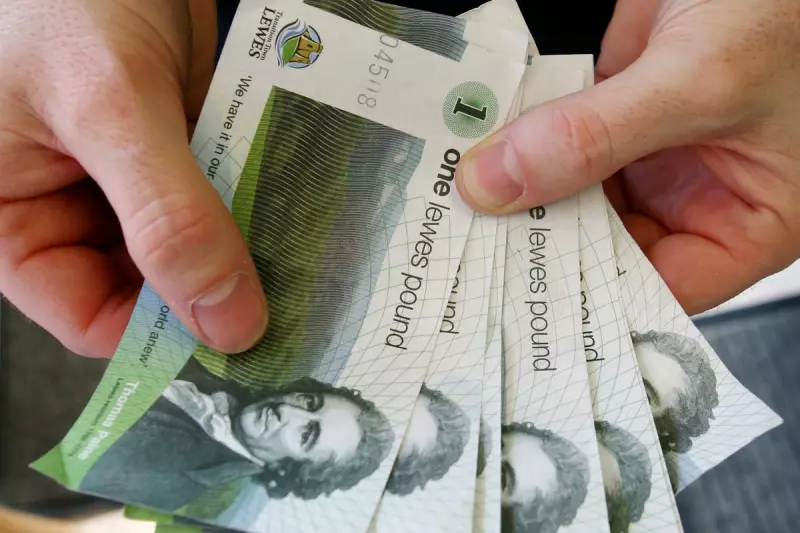
In a bold move to fortify its local economy, the historic market town of Lewes has resurrected its pioneering community currency with a innovative modern twist. The Lewes Pound, once a physical banknote, has been reimagined as a digital voucher system designed to keep spending power within the community and support independent retailers.
The new scheme allows residents and visitors to purchase Lewes Pound vouchers online, which can then be redeemed at participating businesses throughout the town. This initiative comes as many local shops face continued economic challenges following the pandemic and rising operational costs.
Boosting Independent Businesses
Over 50 retailers have already signed up to accept the currency, ranging from beloved bakeries and independent bookshops to artisan craftspeople and family-run services. The scheme provides a vital boost to businesses that form the unique character of this East Sussex town, known for its vibrant high street and commitment to sustainability.
"This isn't just about economics—it's about community resilience," explained Oliver Dudok van Heel, who leads the Lewes Pound initiative. "By choosing to spend Lewes Pounds, residents are directly supporting their neighbours' livelihoods and helping to maintain the diverse retail ecosystem that makes our town special."
Modern Twist on Historic Concept
The original Lewes Pound launched in 2008 as one of Britain's first modern local currencies, featuring physical notes with designs celebrating local heroes like writer Virginia Woolf. While the paper currency was discontinued in 2019, the new digital version builds on its legacy while addressing modern consumer habits.
The voucher system offers greater flexibility and convenience while maintaining the core mission: creating a circular economy that benefits local enterprises rather than national chains. Research suggests that money spent locally recirculates within the community at a much higher rate than spending at chain stores.
Community Response and Future Plans
Early response from Lewes residents has been overwhelmingly positive, with many expressing enthusiasm for a practical way to support local businesses during challenging economic times. The scheme organisers plan to expand the number of participating retailers and potentially introduce loyalty rewards to encourage continued use.
As high streets across Britain face unprecedented challenges, the Lewes Pound initiative offers a compelling model for how communities can take economic matters into their own hands and build resilience from the ground up.





